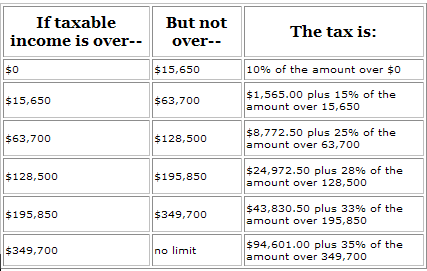Originally posted by KrazyHorse
View Post
Those who don't invest aren't making the decision based on economics, rather they are making the decision based on culture/marketing.
If you look at capital gains taxes, investment, and investment return you won't see that investment is constrained by low capital gains taxes.
For example, in the US during the last 50 years, the highest savings rates were also at the times when the capital gains tax was the highest. It isn't a significant effect in the situations which the US has been in.
JM
(I already mentioned that I have a problem with how the savings rate is calculated.)



Comment